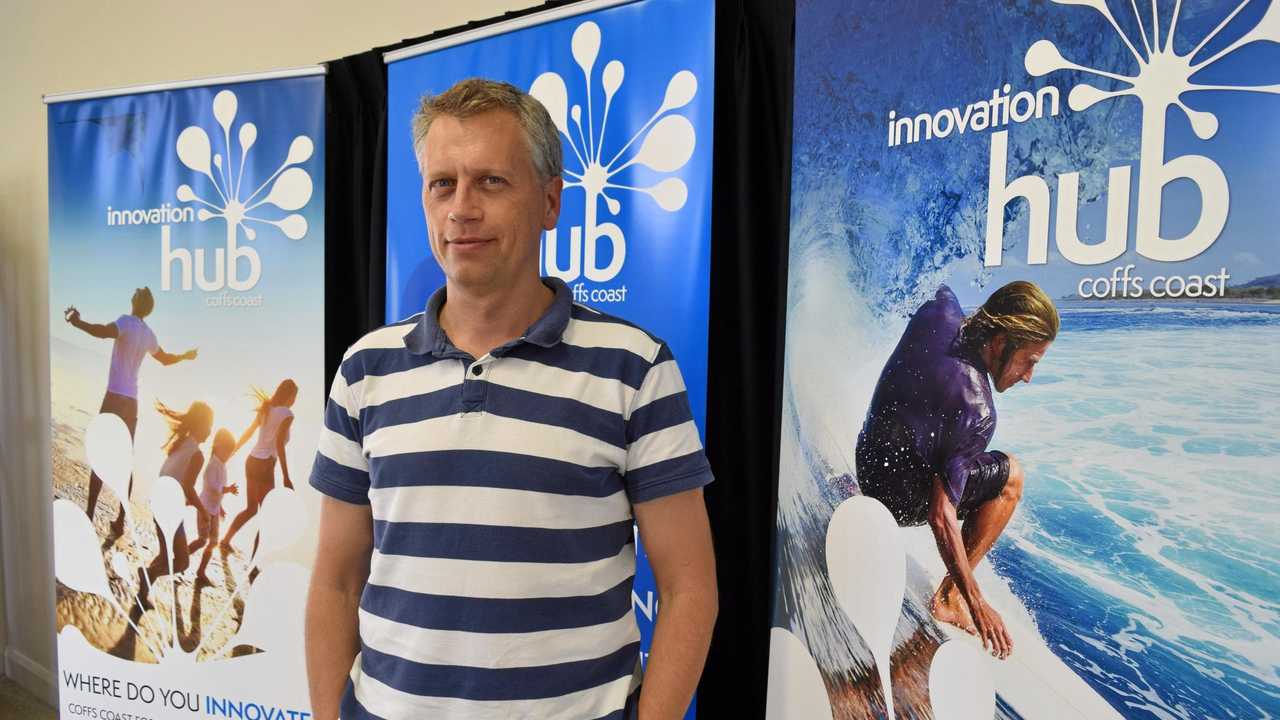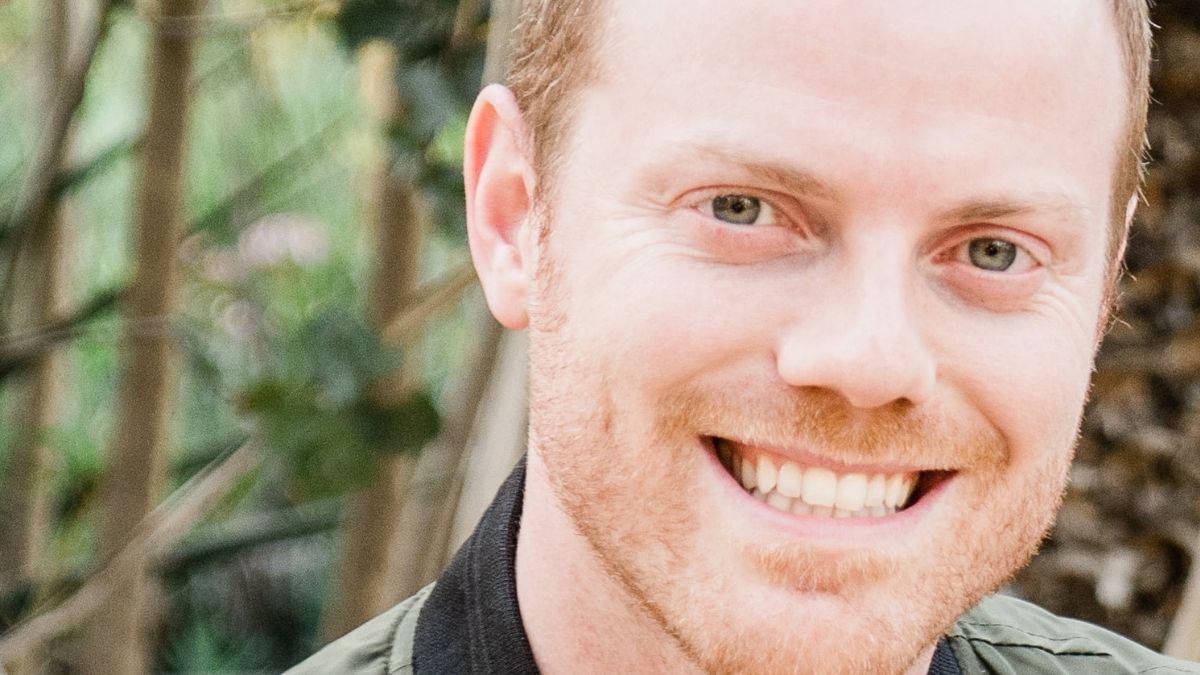Why True Wellbeing is Your Greatest Business Asset
For years, the entrepreneurial world has been telling a dangerous story. It’s a story of hustle at all costs, of 100-hour work weeks being a badge of honour, of sleep being a weakness, and of personal sacrifice being the only path to success. We’ve glorified the burnout, celebrated the grind, and created a culture where admitting you’re struggling feels like admitting defeat.
I am here to tell you that this story is fundamentally broken. It is a myth that chews up brilliant founders and spits them out, leaving behind a trail of exhaustion, broken relationships, and businesses that fail to reach their true potential.
After decades of building my own businesses like RedBalloon, investing in hundreds more from my red chair in the Shark Tank, and co-founding Big Red Group, I have learned an undeniable truth: Wellbeing is not a luxury you earn after you become successful. It is the core operating system that makes sustainable success possible in the first place.
And when I say wellbeing, I don't just mean green smoothies and morning meditation, as wonderful as those things can be. I'm talking about a deep, holistic sense of health that permeates every single aspect of your business—from your own mental state to your team's psychological safety, from your financial stability to your clarity of purpose.
This exact topic was at the heart of a wonderfully profound conversation I recently had on my podcast with Tony Rothacker. Tony is the founder of a beautiful business that connects youngsters with elders to support their technology journey—a model inherently built on connection and community wellbeing. But what made our conversation so special was his deep curiosity. He turned the tables and asked me the very questions that get to the heart of what it means to build a "well" business.
His questions were so insightful that I wanted to share them with you today and explore how the answers are all, in fact, different facets of the same gem: creating a business that doesn't just survive, but truly thrives.
Redefining "Wellbeing" - The Four Pillars of a Healthy Business Ecosystem
Before we can answer Tony’s questions, we need to agree on what we’re talking about. True business wellbeing is a multi-layered ecosystem. If any one of these pillars is crumbling, the entire structure is at risk.
- Founder Wellbeing: This is where it all begins. You are the energetic heart of your business. If you are running on empty, anxious, or unwell, that energy will cascade through your entire organization. It’s the classic "put your own oxygen mask on first" principle. Your physical health, mental clarity, and emotional resilience are not personal issues; they are critical business assets.
- Team Wellbeing: A business is a team of people working towards a shared goal. Their wellbeing is paramount. This means creating a culture of psychological safety where people feel they can speak up, make mistakes, and be their authentic selves. It means providing opportunities for growth, recognizing contributions, and fostering a sense of connection and belonging.
- Financial Wellbeing: Let's be very clear: a business that is not profitable is not a well business. Profit is the lifeblood that allows you to pay your team, invest in growth, and continue to serve your customers. Financial wellbeing means healthy cash flow, strong profit margins, and a sustainable business model that isn't constantly on the brink of collapse.
- Purpose Wellbeing: This is the soul of the business. It’s the answer to "Why do we exist?" A strong sense of purpose gives meaning to the daily grind, inspires deep loyalty from customers and employees, and acts as a compass during difficult decisions. A business without a clear purpose is just a machine for making money, and that is never enough to sustain people through tough times.
With this framework in mind, let's dive into the profound questions Tony asked me, because each one is a strategic lever for one of these pillars.
Question 1: "Would you value purpose in business higher than profitability?"
This question gets to the very core of entrepreneurial motivation. For many, it feels like a choice between being a missionary or a mercenary. My answer? This is a false dichotomy. It's not one or the other.
Purpose and profit are the two wings of the same bird. You need both to fly.
A business with immense purpose but no profit is a charity with a deadline. Your noble mission will die the day you can no longer pay your bills or your people. Profit is the fuel that allows your purpose to have a lasting impact on the world. It gives you the resources to scale your mission, to reach more people, and to build a sustainable platform for change. Financial wellbeing is what makes purpose wellbeing possible in the long term.
Conversely, a business with immense profit but no purpose is a hollow shell. It may succeed for a while, but it will never command the deep loyalty of its team or its customers. In today's transparent world, people don't just buy what you do; they buy why you do it. A clear and authentic purpose is a powerful competitive advantage. It attracts the best talent, it creates a tribe of devoted customers, and it provides the profound emotional fuel—the founder and team wellbeing—that is required to overcome the inevitable obstacles.
When I started RedBalloon, the purpose was to change the nature of gift-giving. The profit we generated allowed us to invest in the technology, marketing, and team to make that purpose a national reality. One could not have existed without the other.
Question 2: "Single founder or a founding team?"
This is a question about the relational wellbeing at the very top of the organization. The structure of the founding team has a massive impact on the founder's own mental health and the overall resilience of the business.
There is no single "right" answer, but we must be honest about the costs of each path.
The Lone Wolf Founder: I started RedBalloon as a solo founder, so I know this path intimately. The advantage is speed and agility. There are no co-founder disagreements to slow you down. Every decision is yours. The disadvantage is the immense, crushing weight of carrying the entire burden alone. Every success is yours, but so is every failure, every fear, and every sleepless night. The risk to your personal wellbeing is enormous. If you choose this path, you must intentionally build a support system around you—mentors, advisors, a peer group of other founders, and a supportive family. You cannot do it truly alone.
The Founding Team: Co-founding a business, as I did with David Anderson to create Big Red Group, can be an incredible advantage. You have a partner to share the emotional load, to celebrate the wins with, and to navigate the challenges alongside. You benefit from complementary skill sets—the visionary and the operator, the tech genius and the sales guru. This shared responsibility can dramatically improve founder wellbeing. However, it also introduces a new risk: co-founder conflict. More businesses are killed by co-founder disputes than by competitors. If you choose this path, you must have absolute alignment on values, vision, and work ethic. You need to have the tough conversations about equity, roles, and responsibilities before you start, and put it all in a legally binding founders' agreement.
Ultimately, the choice comes down to self-awareness. But the underlying principle is that no founder can thrive in isolation. Wellbeing requires connection and support.
Question 3: "What is the best leverage strategy? Technology? Social media? Partnership with others? Community?"
This question is about creating operational wellbeing. It's about how you build a business that can grow without requiring you, the founder, to work exponentially harder. Leverage is the antidote to burnout. It's how you scale your impact without scaling your stress.
My answer is that you don't choose one. You build an interconnected ecosystem where each element supports the others.
- Technology is your Foundation: Technology is the bedrock of leverage. It automates repetitive tasks, creates efficient systems, and allows you to serve thousands of customers with the same effort it used to take to serve ten. A solid tech stack reduces manual labour, frees up your team for higher-value work, and prevents systemic burnout. It is the engine of a scalable business.
- Social Media is your Voice: Social media is how you scale your story and your purpose. It allows you to communicate directly with your community, share your expertise, and build your brand's presence far beyond your physical location. It’s the megaphone for your "why."
- Partnerships and Community are your Heart: This is where true, sustainable growth lies, and it's the very model Tony Rothacker's business is built on. No business is an island. Your business exists within an ecosystem of other businesses, organizations, and customers.
- Partnerships: Forming strategic alliances with non-competing businesses who serve the same customer base is the ultimate form of leverage. You get warm access to a new, relevant audience and gain credibility through association.
- Community: Building a genuine community around your brand creates a powerful sense of belonging and turns customers into advocates. They feel part of your mission. They support each other. They give you feedback. This is the deepest form of relational and purpose wellbeing a business can have.
A Deeper Conversation Awaits
Exploring these profound questions with Tony was one of my favourite podcast conversations. We didn't just touch on these topics; we went deep, sharing personal stories, vulnerabilities, and the practical lessons learned from our respective journeys. We discuss how Tony's focus on intergenerational connection is a masterclass in community building, and I share my own experiences navigating the delicate balance between purpose and profit. It's a conversation every founder needs to hear.
Build a Business That Nurtures You Back
For too long, we've accepted a narrative that building a business has to destroy us in the process. I want you to reject that narrative. I want you to choose a different path.
Choose to build a business where your purpose gives you energy and your profit gives you freedom. Choose to build a support system that nurtures your mental health. Choose to build leveraged systems that allow you to grow without burning out. Choose to build a business that is a source of wellbeing not just for your customers, but for your team, and most importantly, for yourself.
This is not the soft option. This is the smart option. It is the only path to creating a business that is not only successful, but sustainable, fulfilling, and a true expression of a life well-lived.






